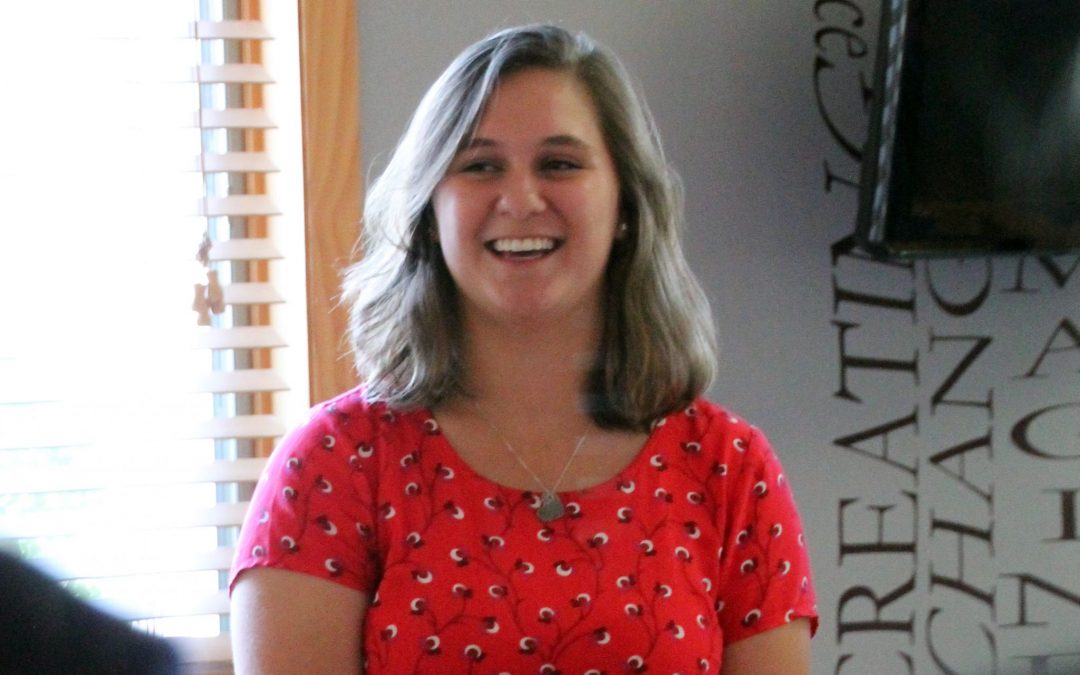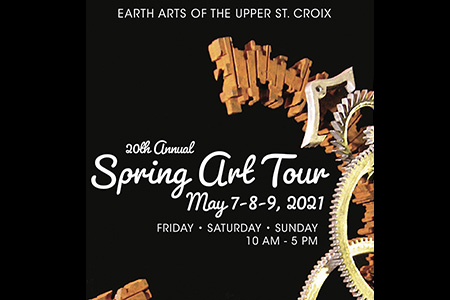Hannah Prichard
Artist in Residence, Ceramics
My experience with Northwest Passage was particularly unique. At the start of the summer, I began as the Artist in Residence Intern but finished as the Artist in Residence. The first artist of the summer, Kat King, provided a good model of what the Artist in Residence should be and I was excited to get the opportunity to work with another artist in July. A week before the next artist was supposed to arrive I was told he had canceled last minute and I was asked to step in as the next Artist in Residence. Of course, a myriad of emotions flooded my brain: excitement, nervousness, anticipation, and doubt. I had to make the transition from supporting another artist to becoming the artist, planning and leading my own programming. Although I was not sure if I would be able to reach the bar set by Kat at the beginning of summer, I was eager to share ceramics with the kids.
I have always found working with clay to be a meditative experience. It has acted as an emotional release for me, as well as a source of joy and fulfillment. However, it was not until this summer that I realized how applicable the lessons I’ve learned from pottery are to real-world problems. Even though the kids may not realize it yet, I think they learned a little more about themselves and how they react to different situations. One resident had a hard time at the beginning of every project. Her frustration with the clay would build to a point where she was unable to think logically about the task at hand. Multiple times I told her to step away and take a break. Every time this happened, she would come back a few minutes later and conquer the project. It was only after she became angry with the clay that she was able to move forward and produce a beautiful end product. Not only did she make a quality piece of artwork, but she also expressed immense joy when she saw her finished piece. This resident’s story is a perfect example of how anger can hinder the artistic process. It isn’t until we take a step back and breathe that we can really see how to solve the issue. It also reminds me that anger is a natural part of the problem-solving process.
Over the course of the four weeks, I found that I was learning more from these kids than I could have ever taught them. I forgot what it was like to start out in clay; how difficult and new it felt. We don’t use our hands in our daily lives like we do when we are handcrafting something out of clay. However, the beginning isn’t just a time of frustration and confusion. It is the most innovative part of any new venture. Anything is possible. In addition, kids have a way of surprising you and doing the unexpected. Sometimes my instructions were not as clear as I wanted them to be and kids would create something completely different from what I pictured in my head. Although in many circumstances this was aggravating because I felt I was not communicating effectively, it allowed creativity to run free. These kids are incredibly creative and a lot of them haven’t been able to explore their artistry. Doing pottery allowed them to forge through uncharted innovation and individuality. They were problem-solving and coming up with many new ideas for other projects. For the first two weeks I had very specific plans, but once I realized their creative potential I let the kiddos expand and develop their own ideas. Of course, they needed a little structure, but only enough to get them started. Once they were started they didn’t want to stop.
There were many times a kid would call me over and ask me to do it for them. I would ask them to take a second, then follow their instincts and trust in their own ability. In almost every circumstance the resident told me the next steps to be taken and then proceeded to do it on their own. In that moment of doubt, where I can guess that many people prior had told them they couldn’t do it or simply took over and did it for them, they needed someone to tell them, “You know this, you can do it.” I can personally attest to this feeling; not knowing you had the ability until someone told you that you did. There is no better feeling than being empowered by your own ability.
It was truly inspiring to watch these young people work through and find their own creative process and find the ability to create something beautiful. Frustration is so important because it means that we’re engaged in our work and we care about the outcome. Knowing that we worked harder and really dedicated the time to perfect one-piece makes it more significant than the others that came easily too us. This experience exceeded my expectations and the moments of frustration, hope, and joy I had with these kids will never be forgotten.











Recent Comments